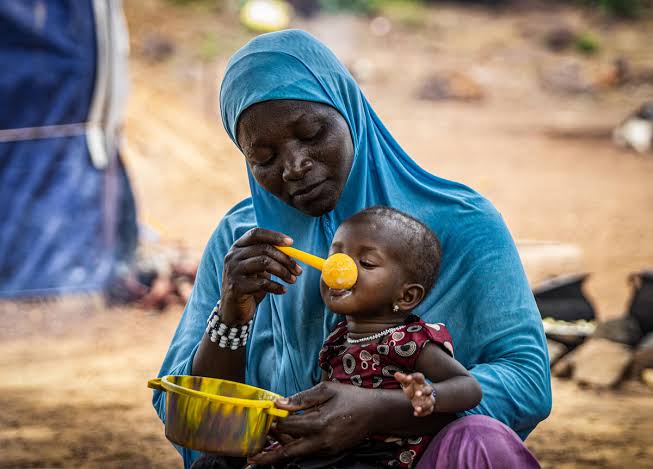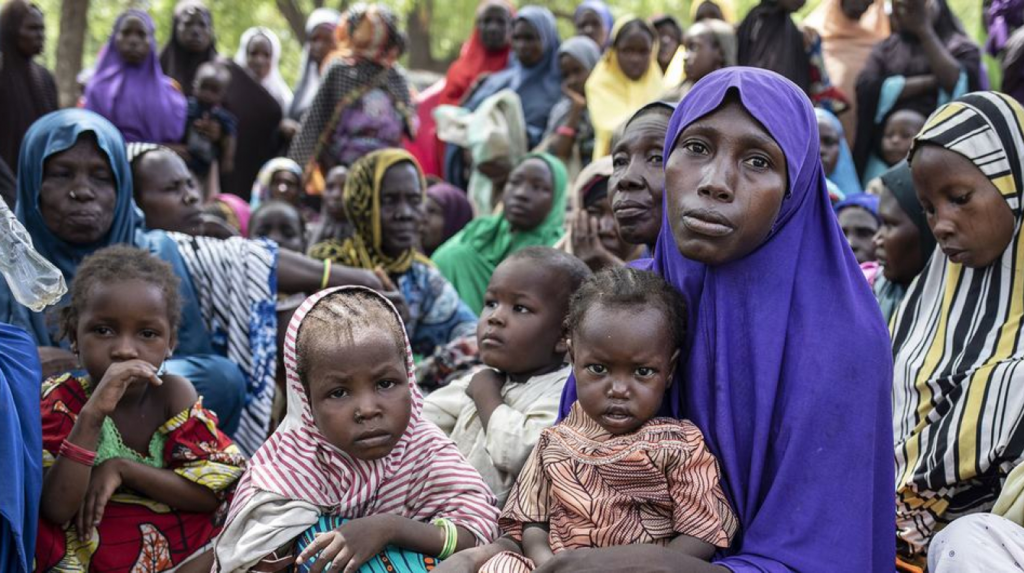
Faith Nyasuguta
In West and Central Africa, a food crisis is rapidly intensifying, putting nearly 55 million people at risk of hunger in the coming months, according to warnings from UN humanitarian agencies issued on Friday.
Over the past five years, the number of individuals facing hunger during the lean season from June to August has quadrupled, indicating the severity of the situation. Beyond ongoing conflicts in the region, economic challenges such as double-digit inflation and stagnant local production have emerged as major drivers of the crisis.
Among the hardest-hit countries are Nigeria, Ghana, Sierra Leone, and Mali. In northern areas of Mali, approximately 2,600 people are expected to experience catastrophic hunger.
This dire situation prompted a joint statement from the World Food Programme (WFP), UNICEF, and the Food and Agriculture Organization (FAO), urging immediate action to prevent the crisis from spiraling out of control.
Margot Vandervelden, WFP’s acting regional director for West Africa, emphasized the urgency of the situation, calling on all partners to step up their efforts. Malnutrition rates are alarmingly high, with an estimated 16.7 million children under the age of five suffering from acute malnutrition across the region.
One of the contributing factors to the crisis is the region’s heavy reliance on food imports, particularly in countries facing high inflation rates like Ghana, Nigeria, and Sierra Leone. The dependence on imports has exacerbated the food shortage, further deepening the crisis.

To address the root causes of food insecurity, policies must be enacted to bolster and diversify local food production. Robert Guei, the FAO’s Sub-regional Coordinator for West Africa, emphasized the importance of this approach. By strengthening local food production, countries can better respond to the unprecedented levels of food and nutrition insecurity in the region and work towards long-term solutions to the crisis.
The escalating food crisis sheds light on the need for concerted action from governments, humanitarian organizations, and the international community to address the immediate needs of those affected while also implementing sustainable solutions to prevent future crises.
Failure to act swiftly and decisively risks exacerbating the suffering of millions of people across West and Central Africa.
RELATED:




